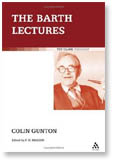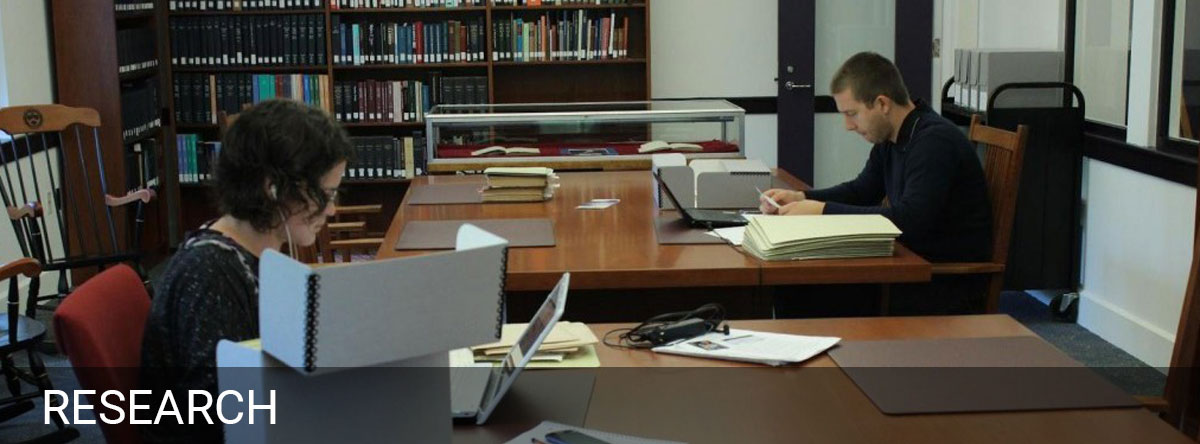 Colin E. Gunton, The Barth Lectures, edited by P. H. Brazier (London: T&T Clark, 2007), xxiv + 285. $150.00
Colin E. Gunton, The Barth Lectures, edited by P. H. Brazier (London: T&T Clark, 2007), xxiv + 285. $150.00
Reviewed by Kimlyn J. Bender (August 05, 2010)
In this volume, the late Colin Gunton provides a lively engagement with the thought of Karl Barth. It must be stated at the outset that while Gunton planned to provide a book on Barth’s theology, this is not that book. Gunton’s untimely death entailed that such a book was never written. The current book under review is in fact a compilation of Gunton’s lectures from his course cycle on Barth’s theology offered at King’s College and transcribed and edited by P. H. Brazier from tape recordings of the lectures. These lectures were to be the basis for Gunton’s book on Barth’s thought.This book preserves the strengths of the vividness and pace of oral lectures in an informal conversational tone. The book begins with an investigation of the historical development of Barth’s theology with special emphasis upon the intellectual background of his thought, and this historical overview comprises the first three chapters of the book. The remainder of the book consists of chapters investigating Barth’s theology in the Church Dogmatics divided along topics such as revelation, the doctrine of God, election, ethics, Christology, reconciliation, atonement, and creation. There is a raw character to these (very) lightly edited lectures that at times borders on the humorous. For example:
“A paper by Daniel Hardy, called something like, why can’t the English and Americans even understand what Schleiermacher and Barth are about, is an interesting paper….Hardy’s paper is very interesting, because he says when Schleiermacher and Barth say certain things the English mind just finds things that it cannot understand. It just thinks they are impossible to say. Part of our intellectual tradition makes it hard for us to understand – particularly an Anglican tradition. Anglicans on the whole like things to be nice and middle way, the via media. And there is not much of the middle way in Karl Barth” (p. 66)!
The liveliness of Gunton’s presentation is matched with corresponding difficulties, however. For while there are places, such as a discussion of the logos asarkos and its concomitant problems (chapter 11), in which a difficult matter is insightfully summarized, a particular weakness of the book is its often superficial discussions of complex aspects of Barth’s thought, witnessed, for example, in the comments on dialectic, a topic which merits much more care than here given (chapter 3). Another example of this superficiality is seen in Gunton’s comments on Barth’s understanding of Scripture as the Word of God, in which Gunton seems to fall prey to cursory criticisms of Barth’s nuanced understanding of Scripture’s indirect identity as the Word of God (cf. p. 74).
Despite such problems, the book does give evidence of a long and sustained engagement with Barth’s thought. Gunton is certainly a critic of Barth’s theology (and even more so of Augustine!), but he is an informed and appreciative one, as is evident throughout this cycle of lectures. This critical appreciation entails that Gunton is less a follower who thinks after Barth than one who thinks with him and who offers ready criticisms, especially his well-known ones of Barth’s Christology with regard to the humanity of Jesus (cf. pp. 170-171; 199-200; 213; though compare p. 192!) and Barth’s pneumatology, the latter which is presented throughout the the volume. Yet these criticisms have themselves been offered and parried by Gunton and others with more detail and precision elsewhere, and whether such criticisms have merit cannot be determined by the off-hand comments made in a lecture: “…Barth is always at his weakest when it comes to the Holy Spirit than on the other two components. Unlike his predecessor Calvin, Barth is at his weakest on the Holy Spirit” (p. 82; cf. also 200, 212). Gunton himself knows that such criticisms are difficult: “And when you are criticizing Barth it is only a question of where he puts a weight; he never forgets anything, he is too good a man for that” (p. 171).
For all of Gunton’s criticisms of Barth’s pneumatology, a response to such criticisms can always resort to the fact that the fifth volume of the Church Dogmatics was never written. Gunton himself thinks this response will not do: “Barth died before he could write volume V but there are those who think he couldn’t have written it even had he been given strength and life long enough to do it. I think that is right; I think that his Doctrine of the Spirit was a bit weak” (p. 90). Yet whether one deems the response adequate or not, such a defense is at the ready to draw attention to the fact that the end of a life leaves unfinished business and makes an unanswerable question of what might have been.
Though Gunton does not accept the response with regard to Barth, to some extent a similar one can be employed to defend Gunton’s own book here. For one of the questions that an untimely death makes impossible to answer is what Gunton’s planned book on Barth would have said. For this is not that book, and is at best a provisional foretaste of what such a book may have looked like. It can be little more than this. The strengths of the current book in terms of spontaneity and pace are thus balanced against the weaknesses of provisionality and superficiality of judgment (in reality, if not in design or intent), and I cannot help but think that this book is found wanting when the two are placed in the balance. And so for all its wit and flashes of insight, this collection of lectures does not and cannot provide the succinctness, polish, and careful exposition and analysis of Barth’s theology that the introductory works by Busch, Webster, and Mangina do, and thus an introductory course on Barth’s theology is better served by them than by this volume. Indeed, it is unclear what the use of this book will be. However, this volume gives insight not only into Barth’s thought but also into Gunton’s thought about Barth. And because of the incisiveness of Gunton’s thought, this book can thereby provide some help for those reflecting upon Barth’s own.
The views expressed here are strictly those of the author; they do not necessarily represent the views of the Center for Barth Studies or Princeton Theological Seminary.


